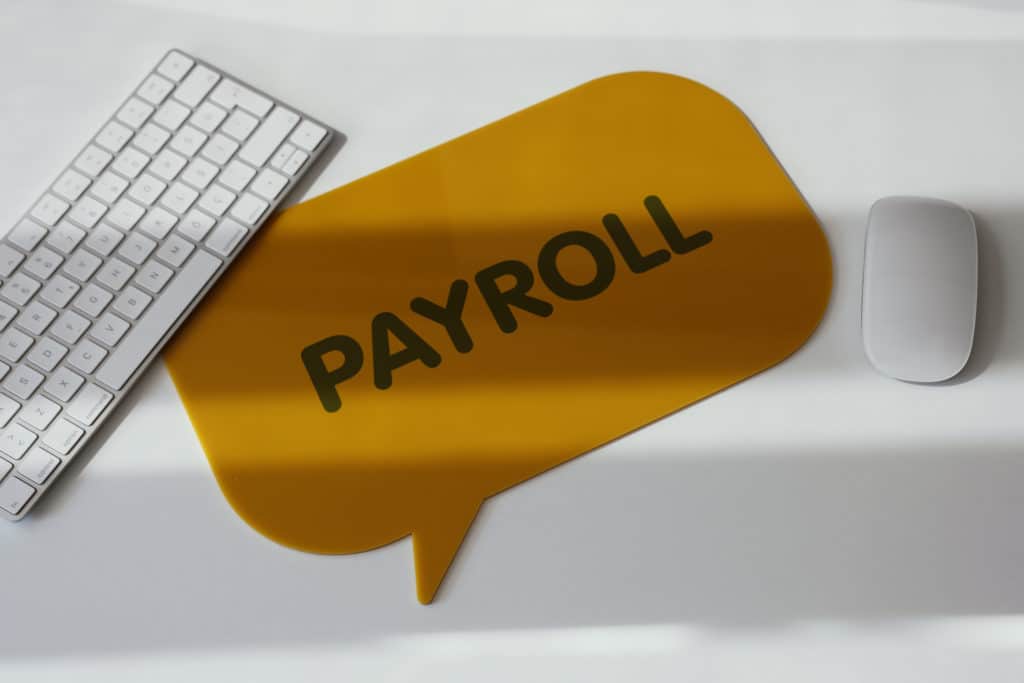
Payroll is a core feature of all businesses, and it is very important as it heavily impacts the morale of employees. After all, if employees aren’t paid appropriately for their work, you can expect them to leave.
Payroll also impacts a number of business processes, including human resources and finance. The employee aspect and interrelatedness of payroll are what make payroll audits an absolute must for all businesses.
Payroll audits are essential because they allow you to do the following:
- Verify that employees are being paid accurately.
- Ensure that you’re fulfilling your payroll tax obligations.
- Reconcile your payroll transactions with your financial statements.
- Check your payroll internal controls for strengths and weaknesses.
- Detect payroll fraud, such as time-related theft on part of your employees.
- Confirm whether you’re complying with the payroll standards you’ve set up for yourself.
- Double-check that your processes are in alignment with requirements established by law.
- Create solutions for deficiencies discovered during audits.
These are all high-level tasks that require laser-focused attention to detail in order to achieve optimal results. However, if you’re conducting payroll manually, payroll administration is often far more complicated than it needs to be, seeing as it becomes overly time-consuming and prone to error.
Since you’re spending so much time on payroll alone, you are essentially putting time toward payroll that could otherwise have been spent conducting audits of your payroll system, processes, and overall practices.
This is where payroll automation comes into play
Payroll software automates your payroll processes so that fewer tasks have to be done manually. For example, the software calculates gross-to-net wages and facilitates electronic payroll tax deposits. Modern payroll solutions offer self-service options, which then enable employees to self-manage information pertaining to their pay and their benefits.
Also, integrated payroll software syncs with timekeeping and HR processes, ultimately reducing errors across all of these interrelated functions.
The math is easy
By spending less time on payroll, you’ll have more time to put towards payroll audits. And while it may seem ironic, various errors can happen during payroll audits.
With more time to dedicate to the auditing process, you’ll be better able to scrutinize your payroll transactions, which will allow you to more readily identify errors and deficiencies that you may have missed if you were pressed for time. You’ll also be less prone to making mistakes when conducting the audits, too.
Since you’ll have more time on your hands, you’ll be able to tap into your creativity and devise innovative solutions for enhancing payroll as well. Plus, you can quickly generate a range of payroll reports for the audits, from time and labor reports to payroll registers and more.
Among all of the reasons in favor of payroll audits, regulatory compliance tends to rank the highest — and for good reason
Payroll laws are enforced at federal, state, and local levels. Laws regarding equal pay, or pay equity, are aimed at decreasing pay discrimination in the workplace. Employers that violate these laws may face consequences in the form of governmental penalties as well as lawsuits from affected employees.
Payroll audits are one of the best ways to make sure employees are being paid fairly. Also, automating your payroll is a decision that has the power to bring you one step closer to your goal of ensuring everyone receives the pay that they deserve.
Click here to contact a BlueStone representative if you have any questions regarding this information.




